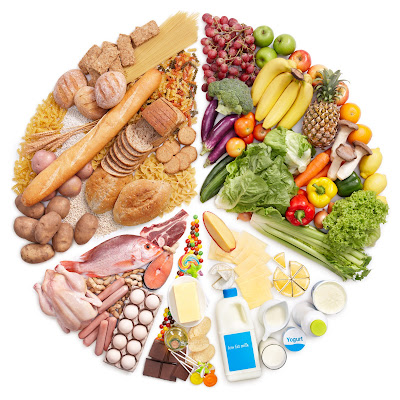Understanding the Key Factors in Determining Individual Nutritional Requirements
Nutrition is a cornerstone of human health, influencing various bodily functions, from energy metabolism to immune response. However, the nutritional needs of individuals can vary significantly based on factors such as age, gender, activity level, health status, and even genetic predispositions. Understanding these key factors is crucial for tailoring dietary recommendations to meet individual needs effectively.
1. Age: Nutritional requirements evolve throughout the lifespan. Infants and young children have high energy and nutrient needs for growth and development, while older adults may require fewer calories but more of certain nutrients like calcium and vitamin D to maintain bone health.
2. Gender: Biological differences between males and females can influence nutritional requirements. For instance, due to menstruation, females typically need more iron in their diet to prevent anemia. Additionally, pregnancy and lactation increase nutrient needs significantly for women.
3. Activity Level: Physical activity levels directly impact energy expenditure and thus influence nutritional requirements. Athletes and individuals with physically demanding jobs may need more calories and specific nutrients like carbohydrates and protein to support muscle repair and recovery.
4. Health Status: Certain health conditions or diseases can alter nutrient requirements. For example, individuals with diabetes may need to monitor carbohydrate intake to manage blood sugar levels effectively. Similarly, conditions such as celiac disease or lactose intolerance necessitate dietary modifications to avoid triggering symptoms.
5. Metabolic Rate: Metabolism varies among individuals, affecting how efficiently the body processes nutrients and generates energy. Factors like genetics, body composition, and hormonal balance contribute to metabolic rate differences, influencing calorie needs and nutrient utilization.
6. Genetic Factors: Genetic variations can impact nutrient metabolism and absorption. For example, some individuals may have genetic predispositions that affect their ability to metabolize certain vitamins or minerals efficiently, necessitating adjustments in dietary intake or supplementation.
7. Ethnicity and Cultural Practices: Dietary preferences and cultural practices can shape nutritional habits and requirements. Certain ethnic groups may have dietary patterns that emphasize specific foods or cooking methods, influencing nutrient intake and absorption.
8. Environmental Factors: Environmental factors such as climate and geographical location can influence nutrient needs. For instance, individuals living in colder climates may require more energy-dense foods to maintain body temperature, while those in sun-deprived regions may need additional vitamin D supplementation.
9. Psychological Factors: Psychological factors such as stress, emotions, and eating behaviors can impact nutritional requirements. Emotional eating or stress-induced changes in appetite may alter food choices and nutrient intake, affecting overall nutritional status.
10. Medication and Supplement Use: Some medications and supplements can interact with nutrients, affecting absorption or metabolism. Individuals taking certain medications may require adjustments in their diet to ensure adequate nutrient intake and prevent nutrient deficiencies or toxicities.




Comments
Post a Comment